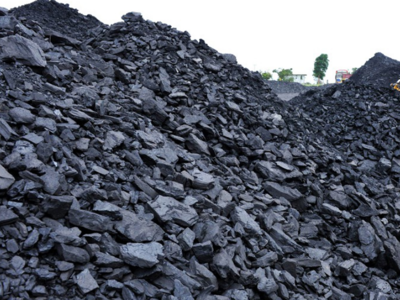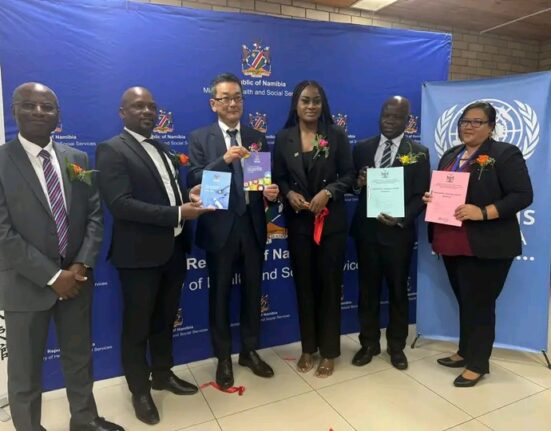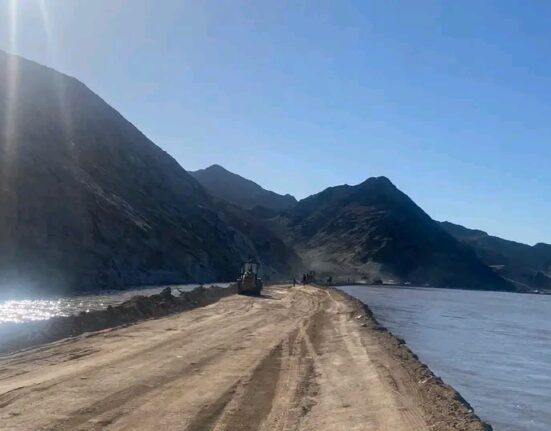Namibia, known for its vast landscapes, rich wildlife, and unique desert ecosystems, also stands out as a leading producer of high-quality charcoal. The country’s climate, land management practices, and commitment to sustainability have made Namibian charcoal one of the finest in the world. This article explores the reasons why Namibia’s charcoal is considered the best globally, highlighting its production methods, environmental benefits, and market demand.
1. Unique Climate and Natural Conditions
Namibia’s semi-arid climate and diverse vegetation make it an ideal environment for producing high-quality charcoal. The country’s natural landscapes, dominated by savannas and thorn bushes, are rich in hardwood trees such as Acacia, Commiphora, and Terminalia, which are the primary sources of charcoal. These trees are known for their dense wood, which creates a long-lasting and high-energy product when converted into charcoal.
The combination of hot and dry weather with minimal rainfall in Namibia accelerates the drying process of wood, which leads to the production of charcoal with lower moisture content. This makes Namibian charcoal more efficient, burns hotter, and produces less smoke compared to charcoal produced in regions with higher humidity.
Key takeaway: The unique climate and vegetation of Namibia contribute to the creation of dense, high-energy charcoal that burns hotter and cleaner than most other varieties.
2. Sustainable Harvesting Practices
One of the defining characteristics of Namibian charcoal is its commitment to sustainability. Charcoal production in Namibia is governed by strict environmental regulations, which ensure that the land is not depleted, and tree populations are maintained. The government and local producers follow sustainable harvesting methods, where only dead or dying trees are cut down, ensuring that live trees remain undisturbed.
Moreover, Namibian charcoal producers often engage in afforestation programs, where they plant new trees to replace those used in charcoal production. These efforts help maintain the ecological balance and prevent deforestation. The charcoal industry’s adherence to these practices has garnered international recognition for its commitment to environmental sustainability and eco-friendly business practices.
Key takeaway: Namibia’s sustainable harvesting practices ensure that charcoal production does not lead to deforestation or environmental degradation, making it an eco-conscious choice.
3. Traditional and Efficient Charcoal Production Techniques
Namibian charcoal producers often rely on traditional kiln-based methods that have been refined over the years to maximize efficiency and output. The production process begins with wood logs that are carefully selected for their density and moisture content. These logs are then placed in kilns where they are slowly carbonized at high temperatures, typically between 400°C and 600°C.
The slow pyrolysis process used in Namibia ensures that the charcoal produced has a high density, which is key for long-lasting and efficient burning. Namibian charcoal is renowned for its clean burn, producing minimal ash, smoke, and harmful emissions compared to charcoal made through faster, industrial processes. This process is not only efficient but also energy-saving, as it minimizes waste and optimizes the use of available resources.
Key takeaway: Traditional kiln methods used in Namibia’s charcoal production ensure high-density, high-energy output while maintaining a cleaner burn.
4. Environmental Benefits of Charcoal Production
While charcoal production is often associated with negative environmental impacts, Namibia has redefined this process by focusing on its positive ecological contributions. Charcoal production in Namibia plays a role in land management and wildfire prevention. By using deadwood for charcoal production, landowners help reduce the risk of large-scale wildfires. This is particularly important in Namibia, where dry conditions and high temperatures make wildfires a significant threat.
Furthermore, charcoal production contributes to carbon sequestration. The process of turning wood into charcoal locks carbon into a stable form, preventing it from being released into the atmosphere as CO2. This helps reduce the overall carbon footprint of the charcoal industry and adds an environmental benefit to an otherwise carbon-intensive industry.
Key takeaway: Charcoal production in Namibia contributes to effective land management, reduces wildfire risks, and sequesters carbon, offering environmental benefits beyond the fuel itself.
5. High-Quality Product Standards
Namibian charcoal is recognized globally for its premium quality. It is known for its uniform size, high calorific value, and clean-burning properties, making it ideal for use in various sectors, including household heating, grilling, and industrial applications. The charcoal produced in Namibia is particularly prized in international markets for its low ash content, minimal smoke emissions, and high burning efficiency.
Namibian charcoal producers adhere to strict quality control measures, ensuring that every batch of charcoal meets the highest standards. Charcoal exporters in Namibia are often certified by international organizations for their commitment to quality and sustainability, making Namibian charcoal a sought-after product in global markets.
Key takeaway: Namibia’s commitment to quality control results in charcoal that is highly sought after worldwide for its efficiency, cleanliness, and consistency.
6. Global Demand for Namibian Charcoal
The high quality and sustainability of Namibian charcoal have made it a premium product in international markets. European, Asian, and African countries are increasingly importing Namibian charcoal due to its superior performance compared to other charcoal types. Germany, France, and the United Kingdom are among the largest importers of Namibian charcoal, where it is used in high-end restaurants and for grilling in households.
In addition to its popularity in the food industry, Namibian charcoal is also utilized in industrial applications, such as metal smelting, due to its high calorific value. The growing demand for environmentally friendly products has led to a surge in international recognition for Namibian charcoal, positioning it as a leader in the global market.
Key takeaway: The global demand for Namibian charcoal is fueled by its superior quality, making it a highly valued export product.
7. Job Creation and Economic Impact
The charcoal industry plays a significant role in Namibia’s economy, providing employment to thousands of people, particularly in rural areas. Charcoal production creates jobs in the harvesting, processing, and distribution sectors, as well as in the transportation of charcoal to international markets. The industry has a ripple effect on local economies, supporting livelihoods in communities that are dependent on agriculture, forestry, and related services.
The growth of the charcoal export sector has provided a steady income stream for Namibia, contributing to the country’s overall economic development. The industry has also become a key driver of sustainable rural development, offering alternative livelihoods for communities living in areas where other forms of economic activity may be limited.
Key takeaway: Namibia’s charcoal industry supports local economies by creating jobs and promoting sustainable rural development, contributing to the country’s economic growth.
8. Supporting Local Communities and Landowners
Namibia’s charcoal industry directly benefits local landowners, who are often involved in the harvesting and production process. Many landowners, especially in rural and communal areas, rely on charcoal production as a primary source of income. The industry promotes land ownership rights and resource management, empowering local communities to engage in sustainable land use practices.
Charcoal producers often work with communities to ensure that charcoal production is done responsibly, benefiting both the environment and the people. This partnership between landowners and charcoal producers helps maintain social stability and supports local governance in managing natural resources.
Key takeaway: The charcoal industry in Namibia supports local communities by providing economic opportunities and fostering sustainable land use.
Namibia’s charcoal is widely regarded as the best in the world due to its unique natural conditions, sustainable production methods, and commitment to quality. The country has successfully balanced the need for economic development with environmental conservation, ensuring that charcoal production benefits both the economy and the environment. With its high-quality product, Namibia continues to lead the global charcoal market, setting standards for sustainable and responsible production. Whether for grilling, industrial use, or environmental management, Namibia’s charcoal remains a top choice for consumers worldwide.













